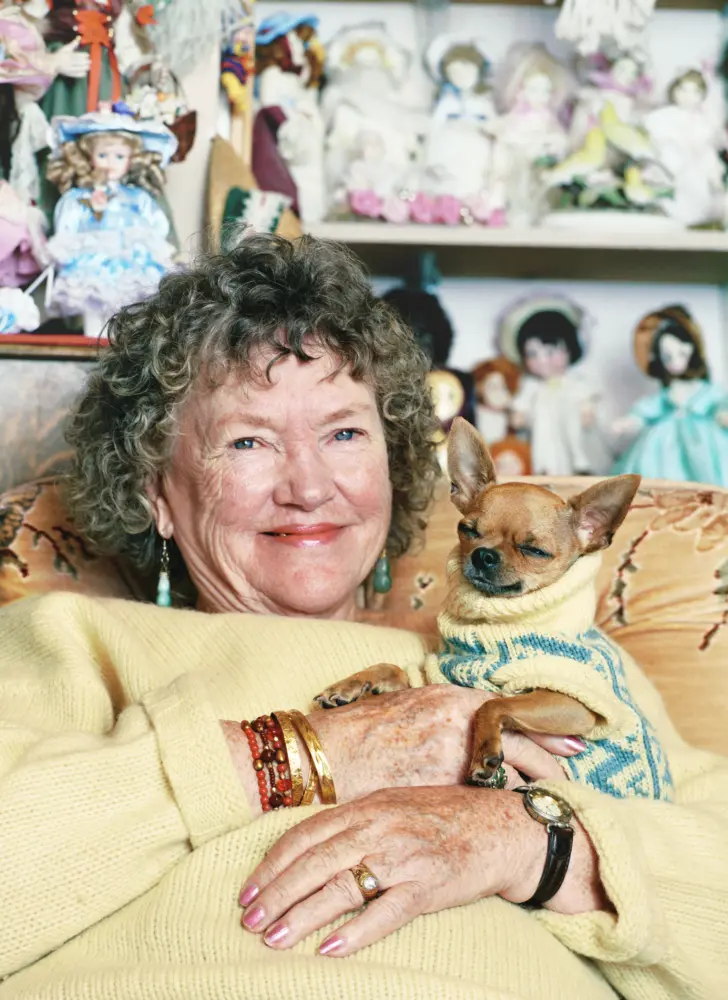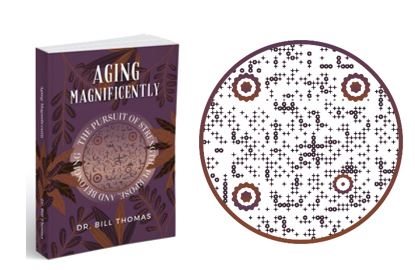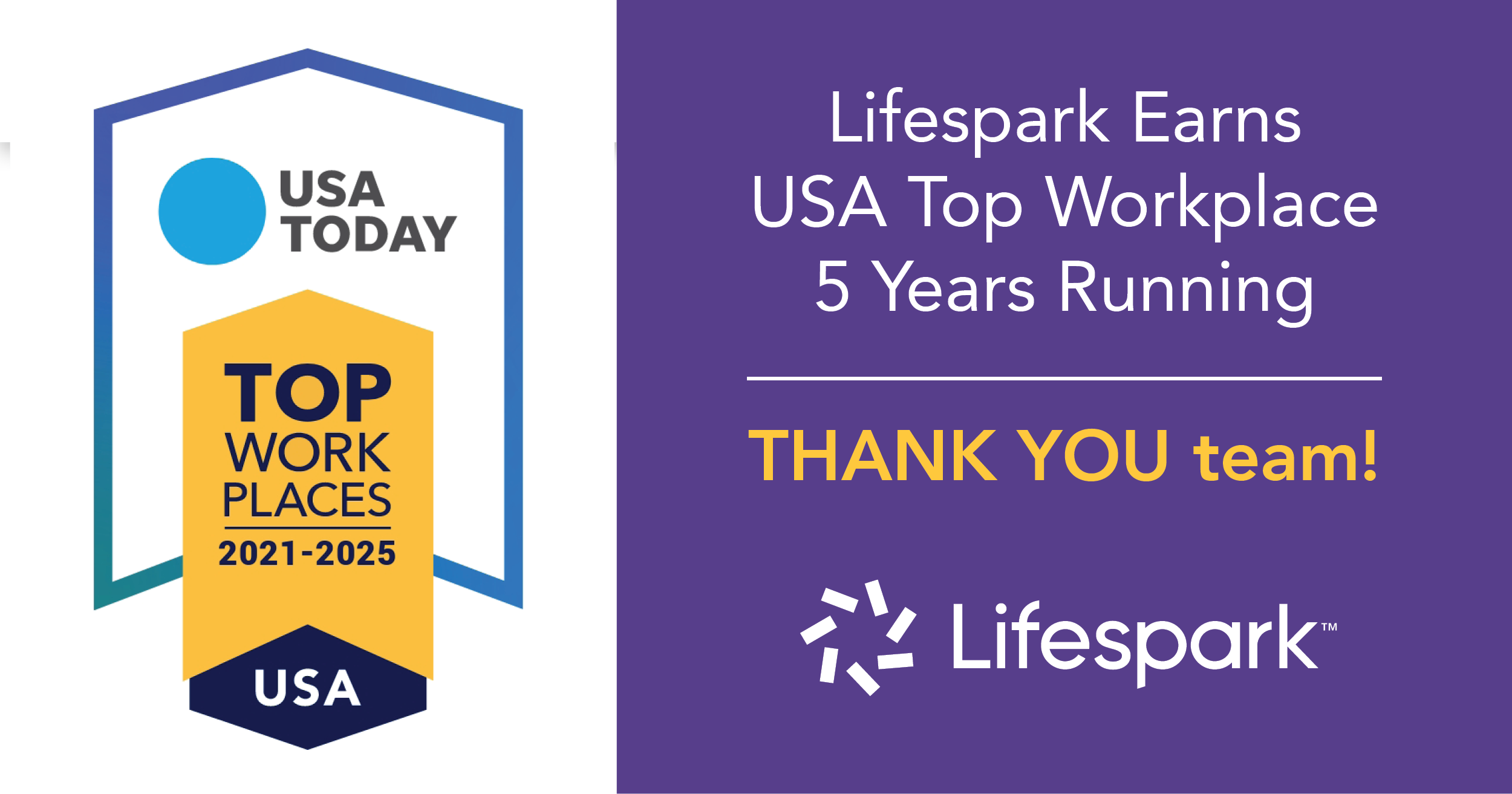
“Our culture reinforces the belief that our activities define us,” said Dr. Bill Thomas, renowned geriatrician, author, and Lifespark Independence Officer. No wonder, then, that when we meet someone for the first time, we ask, “What do you do?” which, according to Dr. Thomas, is code for “I want to know your identity.” This isn’t criticism of our society, he explained, but it causes real problems for older people if they define themselves by what they can do.
“Don’t confuse who you are with what you can do,” Dr. Thomas said. “Who you are is the sum total of all your experiences, knowledge, insights, grievances, and feelings – it’s all you.”
Loss of identity
For decades, my mother was the poster child for “I am what I do.” And she did a lot. Had three kids, went back to school, got a Master’s in social work, opened a private practice, got bat mitzvahed at 50, biked across New Zealand at 60, climbed Machu Pichu at 70. That she based her identity on her activities and achievements wasn’t a problem. Until it was.
At about age 80, my mother’s mind and body started to become less reliable. She lost vision in one eye, developed memory issues, had a hip replacement, shattered a femur, had two more hip surgeries, reluctantly closed her private practice, and even more reluctantly, moved into a senior community with my dad. He loved it, but not my mom.
Without her beautiful home, rewarding career, active social life, and outdoor adventures, she had become a stranger to herself. And when my father died a year later, she lost any sense of purpose. Though she was an extrovert by nature, she didn’t want to make new friends or reach out to her old friends because, as she put it, “I’m not the person I used to be.” It was heartbreaking.
Shift in perspective
Speaking as a former pediatrician, Dr. Thomas said that while we’re perfectly comfortable evaluating children’s development based on their age, that gets lost in adulthood. “We’d never apply the same standards to a two-year-old as to a 20-something, but now you’ve got someone who’s 90, feeling badly because they can’t do the things they could do at 70,” he said.
Dr. Thomas said that there’s a common assumption that getting old makes us less of who we are, when in fact, aging actually makes us even more our true selves. “Most adults spend decades conforming to societal norms and expectations, which creates a sort of camouflage,” he said. “But as people get older, they realize they don’t have to try to please anyone and that allows them to be more authentically who they are.”
Aging Magnificently as a process
That discovery is at the heart of Lifespark’s mission to help people Age Magnificently. Dr. Thomas describes this as a process of becoming more and more our authentic selves—to be who we are, today, live in the body we have, today, do what we can do, today, and concentrate on what matters most to us, today.
“As doctors, we are trained to believe that concentrating on a person’s medical history, diagnoses, and treatments is what matters,” he said. “But the truth is, what matters most is defined by the person, not by their doctor.” Quality medical care is important but it’s just one essential element of well-being. The rest, Dr. Thomas said, is about focusing on what matters most and shaping your life around that.
Living in the present
Shortly before my mom’s 88th birthday, she seemed to turn a corner. She made a couple of friends at her senior living community, joined a Scrabble group, and started taking walks in the neighborhood, often alone but occasionally with another resident. On her walks, she’ll pick up garbage in the spring and summer, collect leaves in the fall, dead-head flowers in the park (and in the front yards of strangers’ homes), and befriend dogs wherever she goes, only one of whom has sent her to the ER.
On our daily phone calls, she tells me in great detail what she sees from her 13th story window – the colors of the sunrise, movement of the clouds, lights of the traffic – nearly always adding, “If I’m going to live in a high rise, at least I have the best view!” Other than wishing she had a volunteer job, my 90-year-old mother seems quite happy, maybe for the first time in her life.
Late-life happiness
Apparently, my mom is in good company. Dr. Laura Carstensen, director of the Stanford Center on Longevity, led a research team that studied the emotional well-being of older people during the pandemic. Their research showed that, compared to younger people, far fewer older adults were struggling emotionally.
“[Older people] are more likely to experience joy with a tear in the eye than younger people are,” Dr. Carstensen said. “We see a kind of a savoring and an appreciation, that’s what captures the emotional experience.” One explanation for this trend is that as people age, their goals change, allowing them to focus more on the present, savor life, and look for the positive. Or, in the words of Dr. Bill Thomas, “With age, we can become our authentic selves.”
What about you? Tell us how you are being you! And as a thank you for reading our blog, we hope you’ll enjoy your free copy of Dr. Thomas’ book, ‘Aging Magnificently.’ (Use the QR code below to get yours.)
To learn how Lifespark can help you or your loved one Age Magnificently, schedule a free consultation with a trusted expert.




